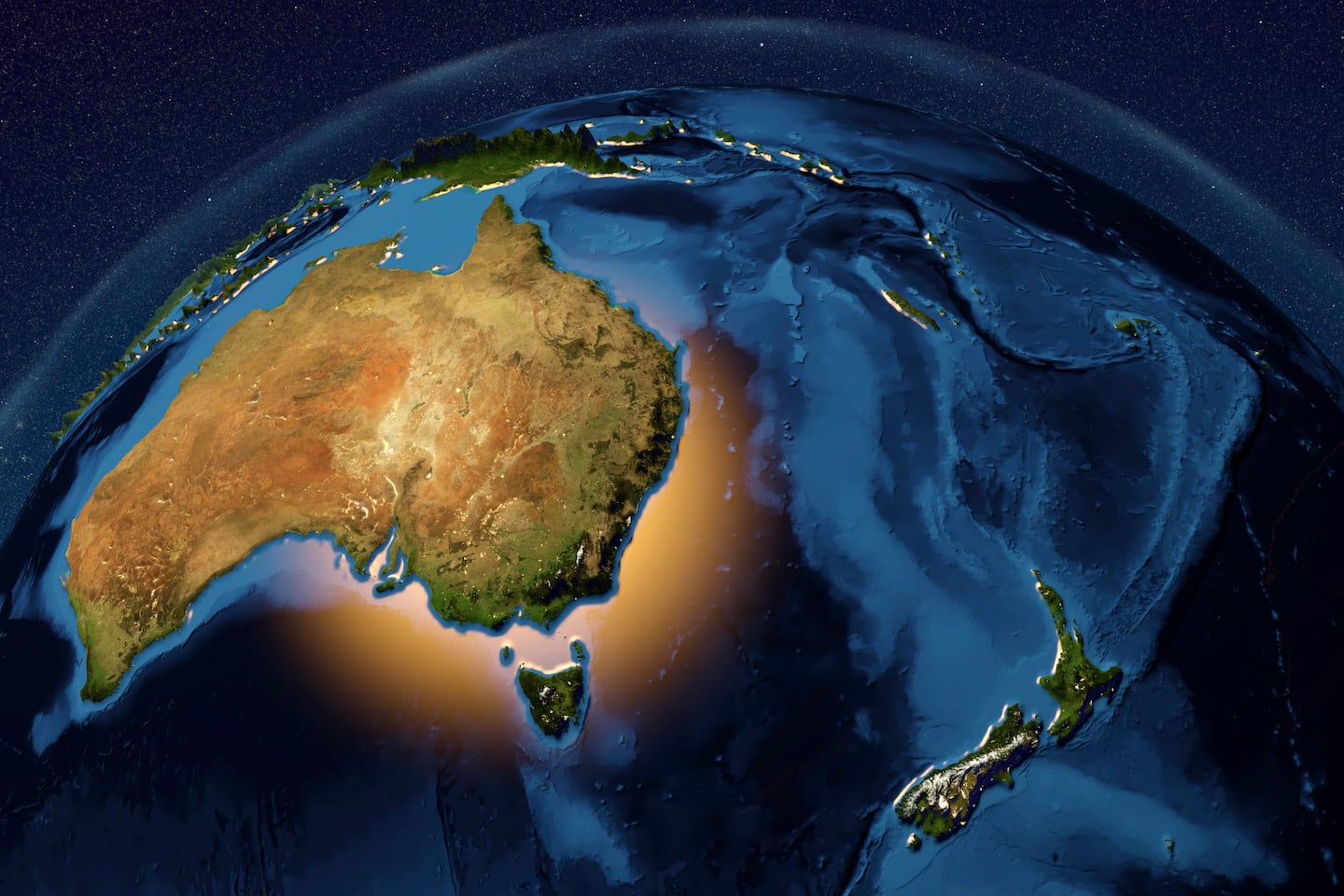Minister Winston Peters has consistently emphasised his priorities on the stability and prosperity of the Pacific that was first set out in the Pacific reset in 2018.
Today he made a $60 million pre-budget announcement of funds that will go towards diplomatic posts infrastructure in the Pacific over the next three years.
Peters said 60% of development budget went towards the Pacific - $1.8 billion was allocated for the three years ending in June next month.
This budget is part of the Official Development Assistance funding, government aid that promotes and targets development and welfare of developing countries.
Peters said the $60 million came from the government’s savings of $15 million per year for the Ministry of Foreign Affairs and Trade for the next three years from “back-office efficiencies and lower-priority activities”.
This includes both capital and operational investment.
Pacific activity
Earlier this month Peters made his second Pacific tour with a political delegation across the Pacific to strengthen engagement. This time the minister visited Solomon Islands, Papua New Guinea, Vanuatu and Tuvalu.
The delegation intended to also visit Kanaky/New Caledonia but didn’t due to riots in Noumea over a French electoral reform that will allow French residents of ten years to vote in local elections, which is believed to dilute the voice of Indigenous Kanak who make up 40% of the population. The Kanak people have been seeking independence from France. for many years.
Solomon Islands was the first stop in the mission where the delegation congratulated the new government and discussed the priorities for its first 100 days.
“We also remain strongly committed to Solomon Islands economic reform efforts, as our $3 million contribution to them this week makes clear,” Peters said.
Regional assistance
Tagata Pasifika has reported millions of dollars of contributions New Zealand promised during Peters’ mission.
Some $44.9 million has been promised to Papua New Guinea, with $17 million to the Buka Electricity Upgrade project that will be developed over three to four years which aims to reduce diesel reliance and increase electricity accessibility, Papua New Guinea having some of the lowest rates of electrification in the Pacific region. Some $9 million is beeing given toward peace building activities in Hela and Southern Highlands provinces, and $18.9 million for the construction of a new centre for eye health.
Vanuatu will see $15.5 million - $7.5 million for community policing and $8 million to support the country’s climate change response.
For Tuvalu the minister reaffirmed the $8.2 million that was announced when Peters was in the US, that will go towards the Pacific Connect Cable that will support digital connectivity in Tuvalu. He said they would contribute $6.15 million to the Tuvalu Coastal Adaptation Project and finally, $1.5 million to repairing two fisheries vessels and an interisland passenger ferry.
Views differ on Pacific
Peters said they were reviewing the ministry’s overall operations, including the diplomatic network to better align it to the coalition government’s foreign policy priorities and to boost export performance. Prime Minister Chris Luxon has said he plans to double that in ten years through political and business leadership.
Te Ao Māori News asked a spokesman from MFAT for clarity around which countries are considered in the alignment to government and whether this includes the Indo-Pacific.
“There is a review underway at the moment and this should be finalised late this year. The minister has previously flagged the need to increase focus on the Indo-Pacific,” the spokesman said.
Luxon has repeatedly highlighted his Indo-Pacific priorities, a term first used during Barack Obama’s presidency but launched through the Biden-Harris Indo-Pacific Strategy.
The strategy claims to have a region that is free, open, connected, prosperous and resilient but it has been viewed by some as an anti-China strategy, particularly given the related AUKUS agreement, whose first pillar involves supplying nuclear submarines to Australia.
The second pillar, which the government continues to consider joining, shares military technology - hypersonic missiles, autonomous weapons systems and new advances in electronic warfare.
International rule of law
AUKUS opponents say militarisation and nuclear proliferation counter Pacific values highlighted in the 2050 Blue Pacific Strategy and the Treaty of Rarotonga.
Peters has emphasised the need to align to liberal rule-based international order, upholding principles of democracy and human rights but may have to fall silent if the government decides to strengthen ties with the US, including joining AUKUS.
That’s because the US has spent billions of dollars funding military support to Israel and has been accused by its own experts of complicity in enabling the intentional starvation of Palestinian civilians - a breach of international law.
Also, in a visit to the Philippines, Luxon agreed New Zealand would participate as observers in the Philippines-US military exercises and didn’t raise humanitarian concerns of state murders against civilians.
France has now adopted its own Indo-Pacific strategy and has derailed the promised decolonisation process and transfer of power in Kanaky. Peters was supposed to touch base in Kanaky but is yet to make a statement on the independence movement of the Indigenous Kanak.
The details of the $60 million budget for diplomatic post infrastucture in the Pacific will be announced in next week’s government budget.



